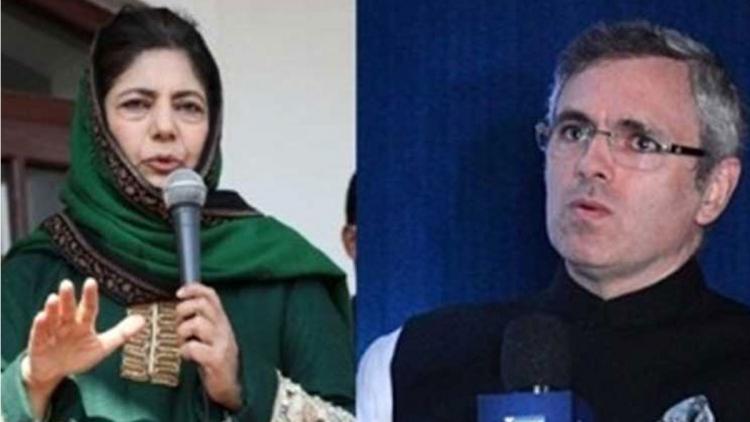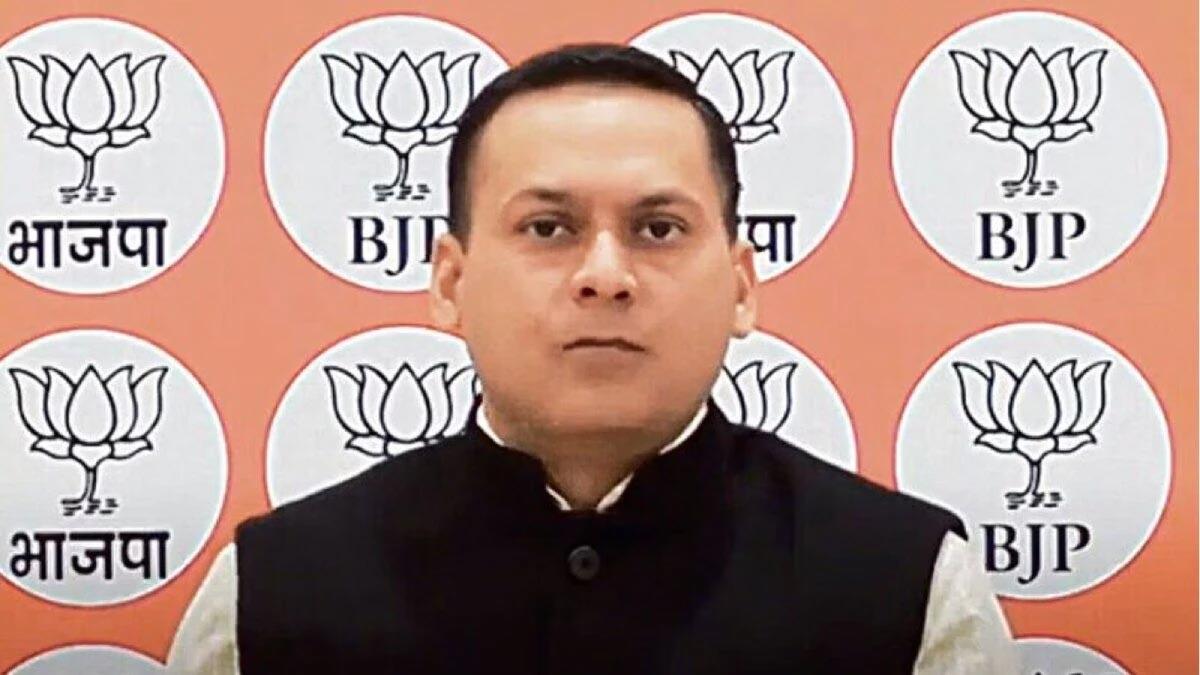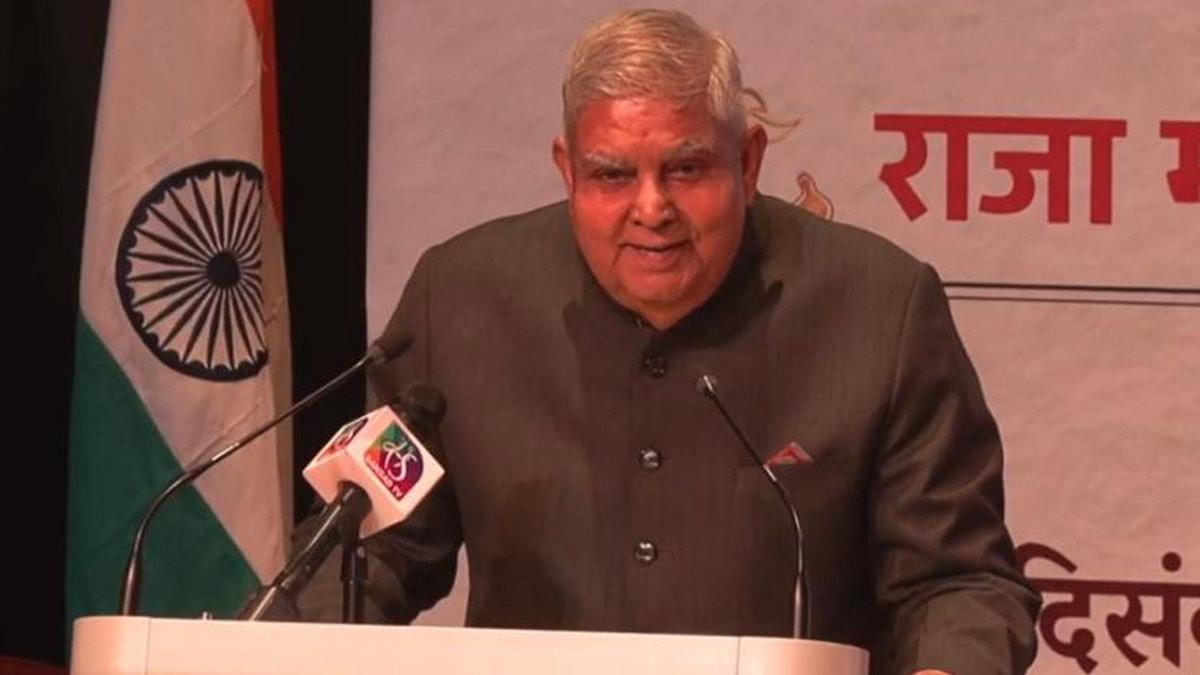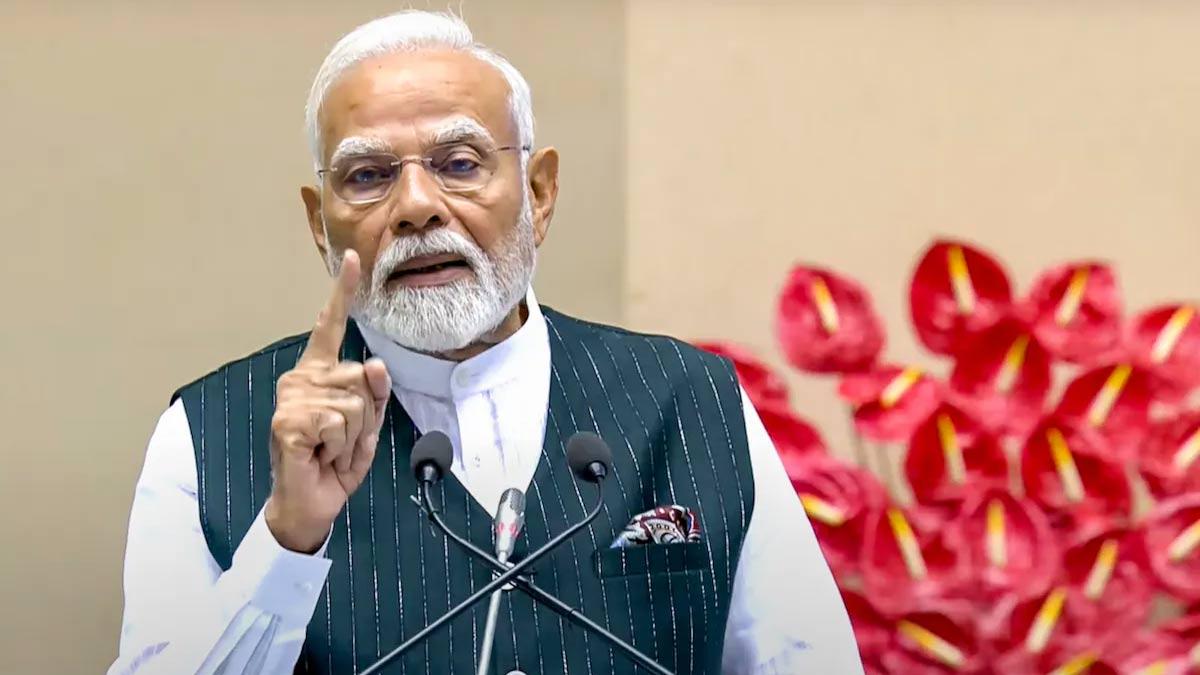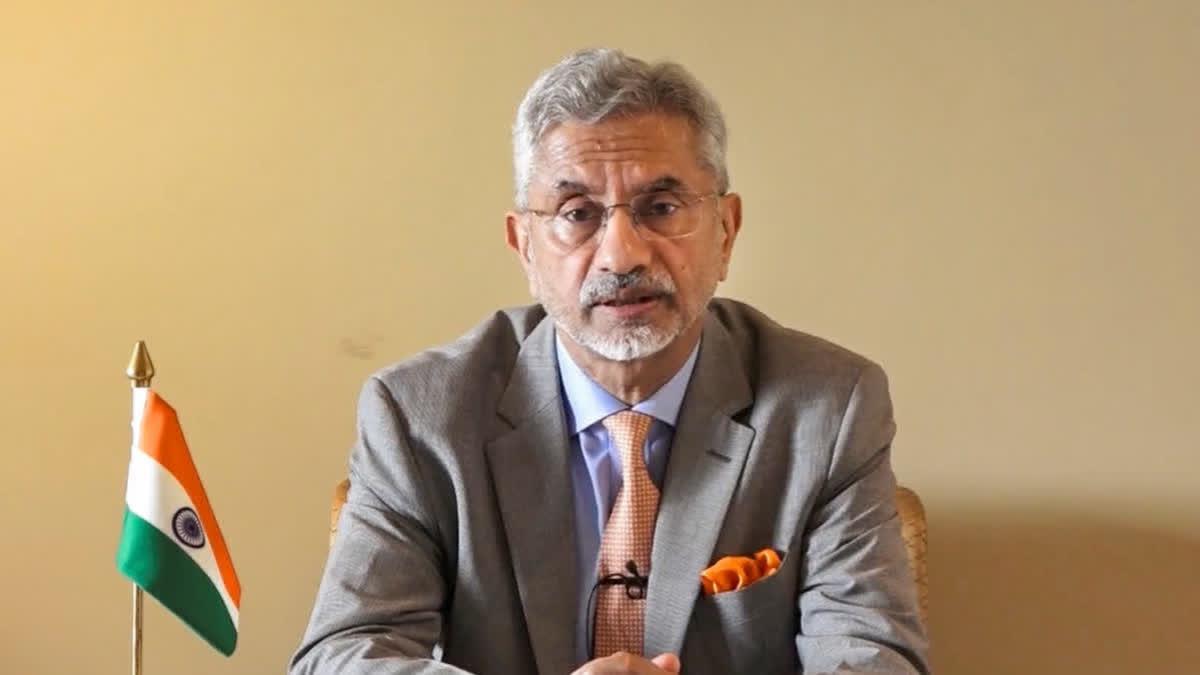A recent exclusive survey by CVoter following the Supreme Court's validation of Article 370's abrogation indicates a widespread belief that leaders like Omar Abdullah and Mehbooba Mufti have an uncertain political future in Jammu & Kashmir. This sentiment is not only prevalent among respondents from other states but is also shared by those residing in Jammu & Kashmir, including the Kashmir Valley. The survey reveals that three out of five respondents, encompassing both national and regional perspectives, believe these leaders lack political prospects. In Jammu, two-thirds of respondents share this view, while over 50% in the Kashmir Valley concur. The Abdullah and Mufti families, traditional political powerhouses in the region, have faced challenges to their influence, especially after the abrogation of Article 370 in 2019, as confirmed by the Supreme Court's recent unanimous verdict. The court has also directed the government to conduct Assembly elections in Jammu & Kashmir by September 2024.
Key Points
1. A recent exclusive survey by CVoter, conducted after the Supreme Court upheld the validity of the abrogation of Article 370, indicates that a significant majority of respondents believe leaders like Omar Abdullah and Mehbooba Mufti have no political future in Jammu & Kashmir.
2. This sentiment is not limited to respondents outside Jammu & Kashmir; even residents within the region share the view that these leaders lack a political future.
3. The survey reveals that three out of every five respondents, irrespective of their location, believe that leaders like Omar Abdullah and Mehbooba Mufti will not have a political future.
4. Specifically within Jammu & Kashmir, two-thirds of respondents in the Jammu region and over 50 percent in the Kashmir Valley share the opinion that these leaders do not have a political future.
5. The Abdullah and Mufti families, who have been dominant political figures in Jammu & Kashmir for decades, have faced a decline in perceived political prospects.
6. The Supreme Court's verdict supporting the abrogation of Article 370 also directs the government to conduct Assembly elections in Jammu & Kashmir by September 2024.
7. Article 370 and Article 35, operational in Jammu & Kashmir since 1952, granted the state unique and special identity, along with substantive powers to decide which laws passed by the Indian Parliament would apply in the state.
8. The current regime, after winning a significant mandate in the Lok Sabha elections in 2019, passed a Bill in both Houses of Parliament to abrogate Article 370 on August 5, 2019.
9. Over 20 petitions challenging the decision were filed in the Supreme Court, which were consolidated, and on Monday, a unanimous five-judge bench upheld the abrogation of Article 370.
10. The survey results reflect a shifting political landscape in Jammu & Kashmir and a changing perception of the political future of key leaders in the region.
(With Agency Inputs)
Read also| Newly Appointed Raj CM Bhajan Lal, Once a Rebel Candidate Who Lost Deposit

